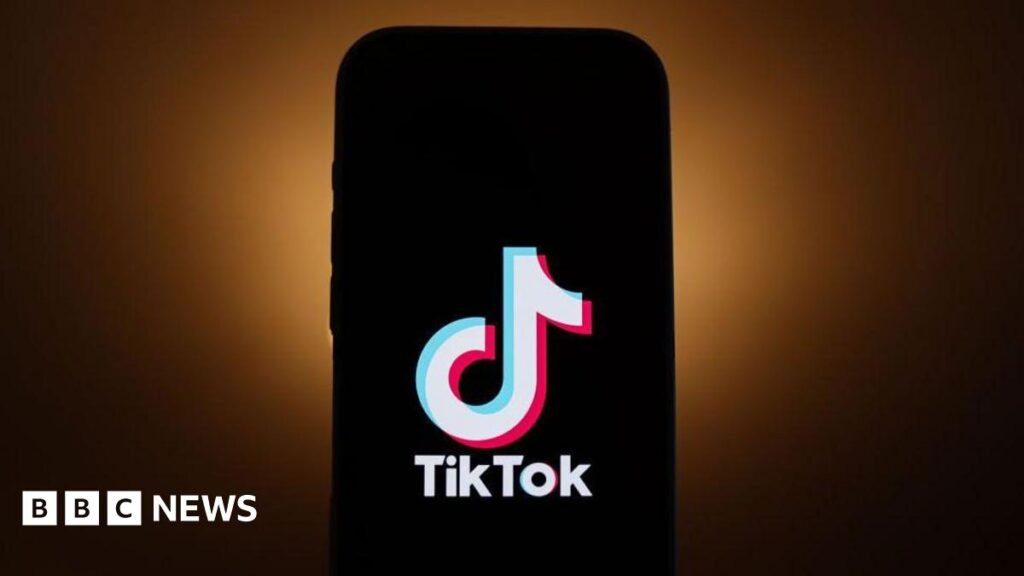EU regulators will assess whether TikTok’s advertising policies and the systems it uses to recommend content to users breach the Digital Services Act (DSA), which aims to prevent the spread of misinformation and stop illegal online activity.
“Whenever we suspect such interference, especially during elections, we must act quickly and firmly,” said von der Leyen, external.
“It must be absolutely clear that in the EU all online platforms, including TikTok, must be held accountable.”
Georgescu’s election campaign focused mainly on TikTok, and while Moscow denies interference, Romanian intelligence said Russia had identified the NATO member state as an enemy state and a priority target.
TikToks promoting the candidate were not marked as campaign content, which is illegal in Romania.
One account paid $381,000 (£300,000) to post to Georgescu, who denied spending money on the platform.
TikTok vehemently denies the allegations, insisting that “the claim that (Giorgescu’s) account was treated differently than any other candidate’s account” is flatly false.
Although the platform allows the posting and organic distribution of election content, paid political advertising is prohibited.
After the second-round vote was canceled, TikTok said that “when the Romanian authorities approached us to flag a number of videos without identifiers… we took action on those videos within 24 hours.”

